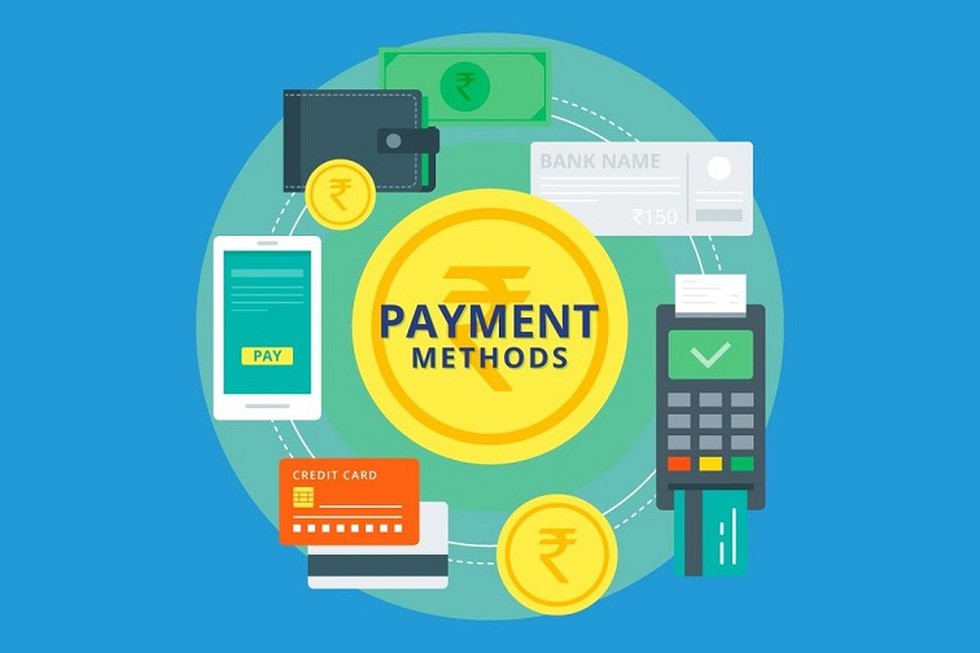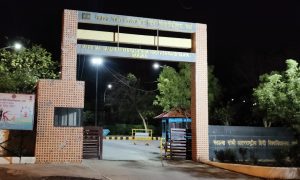NITI Aayog and Mastercard have released a report titled ‘Connected Commerce: Creating a Roadmap for a Digitally Inclusive Bharat’ that discerns challenges in accelerating digital financial inclusion in India and enlists recommendations for making digital services more accessible.
This report, finalised after five comprehensive roundtable discussions held in October and November 2020, highlights key issues and opportunities regarding policy and capacity building across agriculture, small business (MSMEs), urban mobility and cybersecurity.
It was compiled with inputs gained from participatory discussions of experts from the government, banking sector, financial regulator, fintech enterprises, and various ecosystem innovators, led by NITI Aayog and supported by Mastercard.
Five Key Issues Addressed by the report:
1.Acceleration of digital financial inclusion for underserved sections of Indian society.
2.Enabling SMEs to ‘get paid, get capital and get digital’ and access customers, and ensure their continued resilience.
3.Policy and technological interventions to foster trust and increase cyber resilience.
4.Unlocking the promise of digitization in India’s agriculture sector.
5.The essential elements of a digital roadmap to make transit accessible for all citizens.
To make the Indian digital financial landscape more convenient, safe, and accessible, the report gives five recommendations to alleviate the above-mentioned issues, namely:
1.Strengthening the payment infrastructure to promote a level playing field for NBFCs and banks.
2.Digitalisation of registration and compliance processes while diversifying credit sources to enable growth opportunities for MSMEs.
3.Creating information sharing systems, including a ‘fraud repository’, and ensuring that online digital commerce platforms carry warnings to alert consumers to the risk of frauds.
4.Enable agricultural NBFCs to access low-cost capital and deploy a ‘physical (physical + digital) model infrastructure for achieving better long-term digital outcomes. Digitizing land records will also provide a major boost to the sector.
5.Make city transit seamlessly accessible to all with minimal crowding and queues, leverage existing smartphones and contactless cards, aim for an inclusive, interoperable, and a complete open system such as that of the London ‘Tube’.
Consumer Safety Mechanisms
The report also identifies that Increasing customer confidence and trust while accessing financial services can be undertaken by
1.Giving insurance protection against frauds (up to certain amounts),
2.Creating swift grievance redressal mechanisms,
3.Online dispute resolution, and
4.Initiating periodic user surveys by RBI or its associated bodies, on digital payments adoption and attitudes
Need for Digitally Inclusive Bharat for post-COVID India
The Covid-19 pandemic revealed the fragility of cash and the resilience of digital technologies, including digital payments. Even under restrictions, commerce needed to continue so that basic livelihood needs can be fulfilled, in this scenario digital technologies were more useful than ever.
The report iterates methods to build resilient (supply, commerce) systems to encourage business models that could be change-makers of the future in terms of Digital Financial Inclusion, Digitizing Last-Mile Service Delivery, Driving Supply-Chain Financing, etc.
India is becoming one of the most advanced digital payments environment in the world and this report by Niti Ayog and Mastercard highlights a roadmap to achieve the next level of digital transformation.
Report Link: https://niti.gov.in/writereaddata/files/Connected-Commerce-Full-Report.pdf
























 WhatsApp us
WhatsApp us
Pingback: botulinum toxin where to buy
Pingback: ที่พักรายวัน รามอินทรา
Pingback: click this link here now
Pingback: i thought about this
Pingback: blog here
Pingback: auto swiper